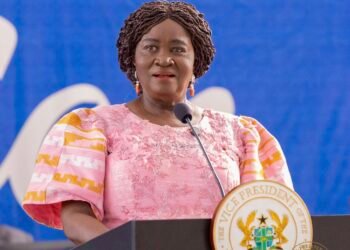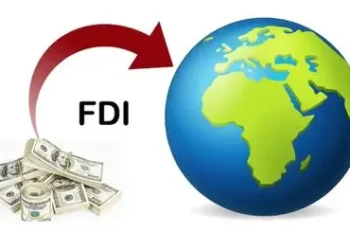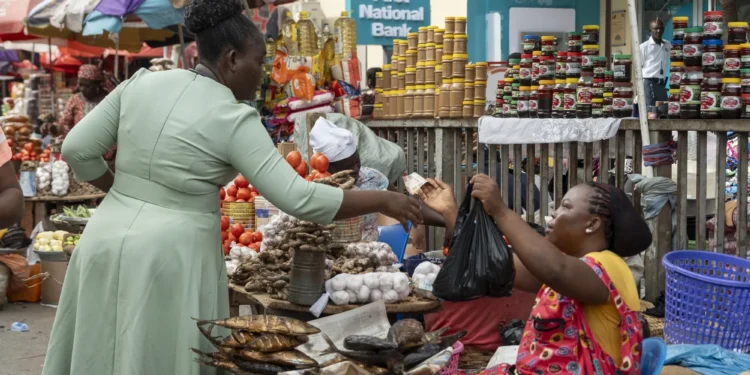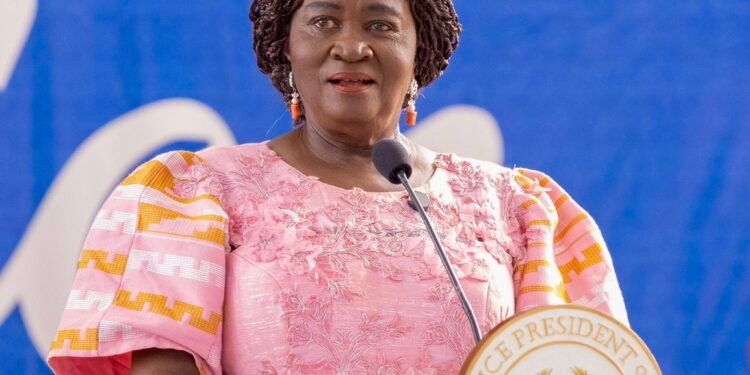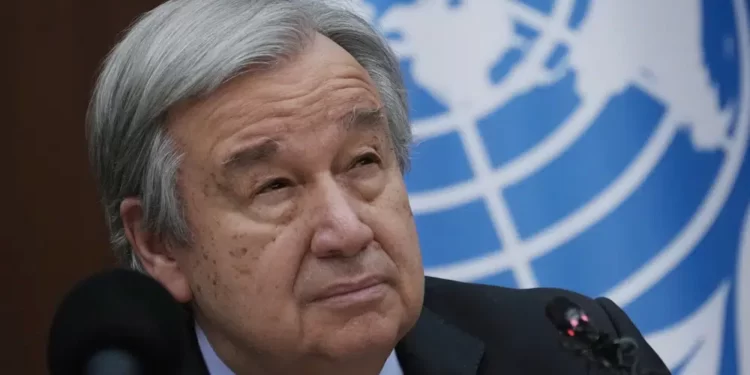In the high-stakes realm of international diplomacy, where trust can be as fragile as a house of cards, every move is fraught with both promise and peril.
The recent prisoner swap, facilitated with notable concessions from Germany and involvement of several European nations, appears to be a significant diplomatic gesture.
Nonetheless, an International Relations Professor offers a nuanced perspective on the implications of this swap.
Speaking with the Vaultz News, Dr. Catherine Gegout, an Associate Professor in International Relations at the University of Nottingham opined that while the exchange may seem like a diplomatic breakthrough, it is unlikely to influence future US-Russia relations.
She noted that past prisoner exchanges between Russia and U.S showed no impact on improving bilateral ties, and this instance appears to follow a similar pattern.
Gegout asserted that high-profile prisoner swaps come with both risks and benefits. On one hand, they can rescue individuals from unjust imprisonment, which is a clear positive outcome.
On the other hand, they can set a precedent that might lead to more detentions of innocent people by authoritarian states seeking to leverage prisoners as bargaining chips.
“Negotiations for prisoner swaps can unfortunately lead to more imprisonments. This is why many states refuse to engage in prisoner swaps, and negotiations with kidnappers.”
Catherine Gegout
Commenting on President Biden’s emphasis on trust and relationships in securing the release of detainees, Gegout remarked, “Trust is essential in diplomacy.”
“This exchange is surprising in times of difficult US-Russia relationships,” she expressed, adding that it was made possible through the mediation of Germany, Poland, Slovenia, Norway, and Turkey.
“This shows how important it is to have good relations between states, and alliances. In the past, prisoner swaps have happened on a bilateral basis, for instance between the US and Iran, or Israel and Hezbollah.
“As regards multilateral mediation, the JCPOA between Iran, the Permanent Five of the Security Council and Germany, and the Good Friday Agreement in Northern Ireland with the support of the US and the EU are notable examples of trust building.”
Catherine Gegout
Additionally, the Associate Professor stated that the Germany’s concessions were made because it is important to release innocent people, “and because German Chancellor Scholz wanted to show support for Biden.”
“The concessions made by Germany are a sign of ongoing strong relations with the US,” She added.
She iterated that the long-term implications for international relations are “stronger EU-US relations.”
According to Gegout, these concessions are important for diplomatic strategy as they show the importance of long-term informal negotiations with all parties, including officials in authoritarian regimes.
U.S Elections More Likely To Focus On Issues Of Internal Politics
As for the potential impact on the upcoming US elections, Gegout observed that while President Biden’s successful multilateral negotiation might enhance his diplomatic credentials, the immediate focus of the elections is likely to be on internal political issues rather than international negotiations.
“Trump said in June [that] he would bring back reporter Evan Gershkovich from the Wall Street Journal. Biden has now done this. Besides, he has done it through multilateral diplomacy, which is rejected by Trump,” she said.
“However, the US elections are in a long time, and even though they have implications for world politics, they are more likely to focus on issues of internal politics than on this prisoner swap.”
Catherine Gegout
When asked how the U.S and its allies can address concerns that the prisoner swap might set a precedent that could encourage adversaries to use detentions as a bargaining tool, Catherine suggested that the US and its allies should focus on travel advisories.
“The US and its allies can only make sure that their own citizens avoid travelling to areas which are considered dangerous on their own pages for advice to travelers,” she advised.
READ ALSO: Politicians Scramble For Legacy





